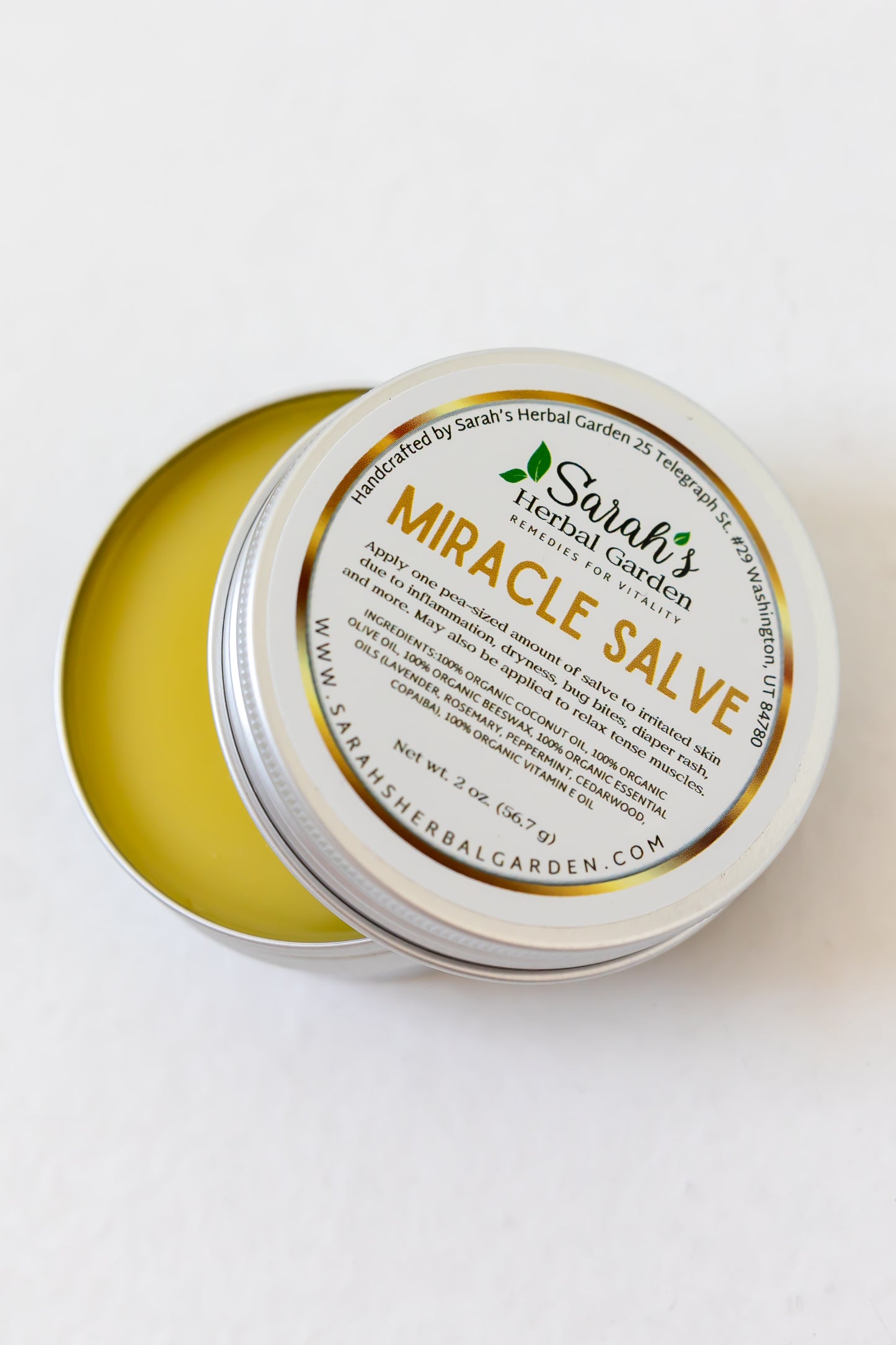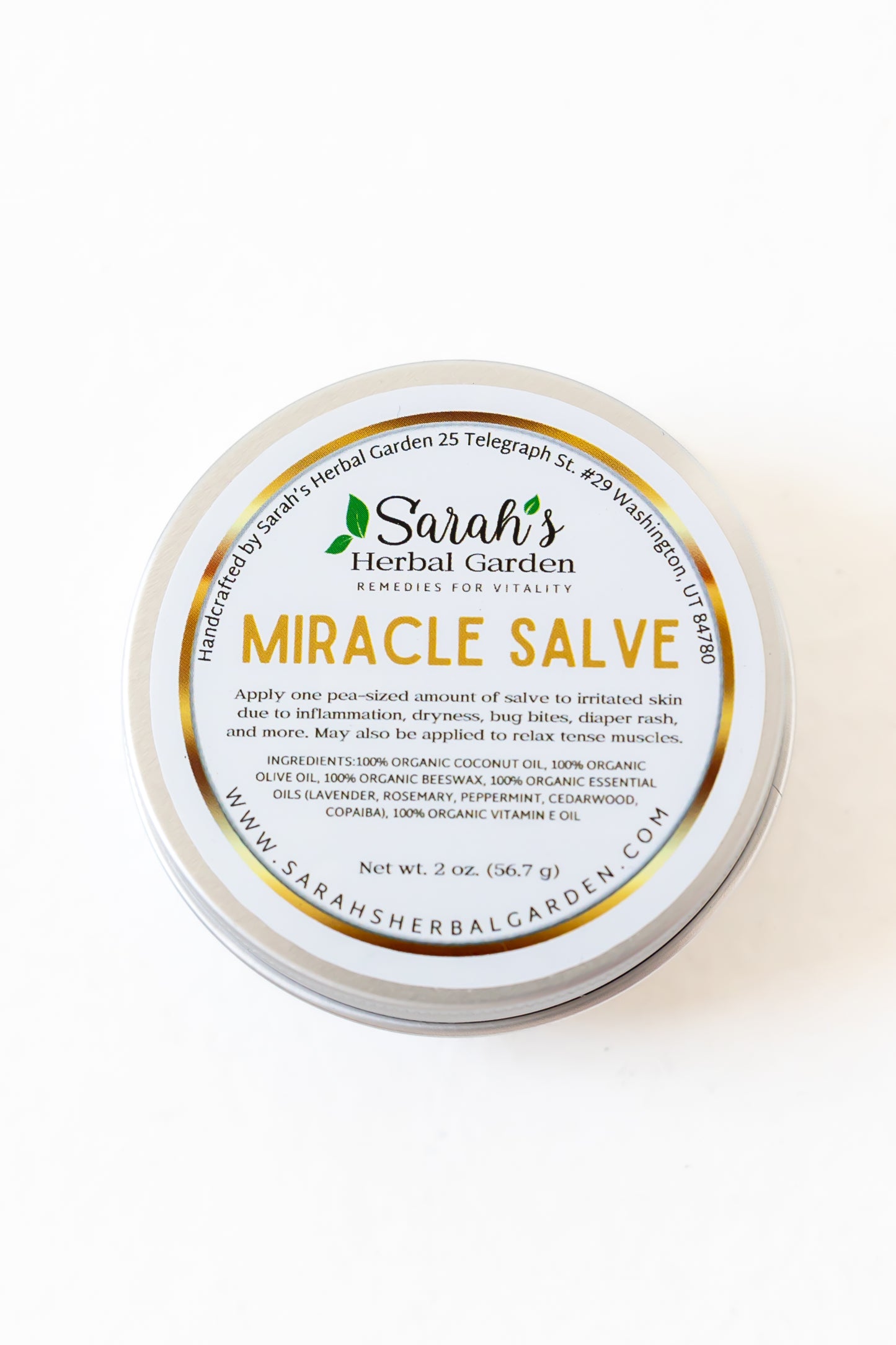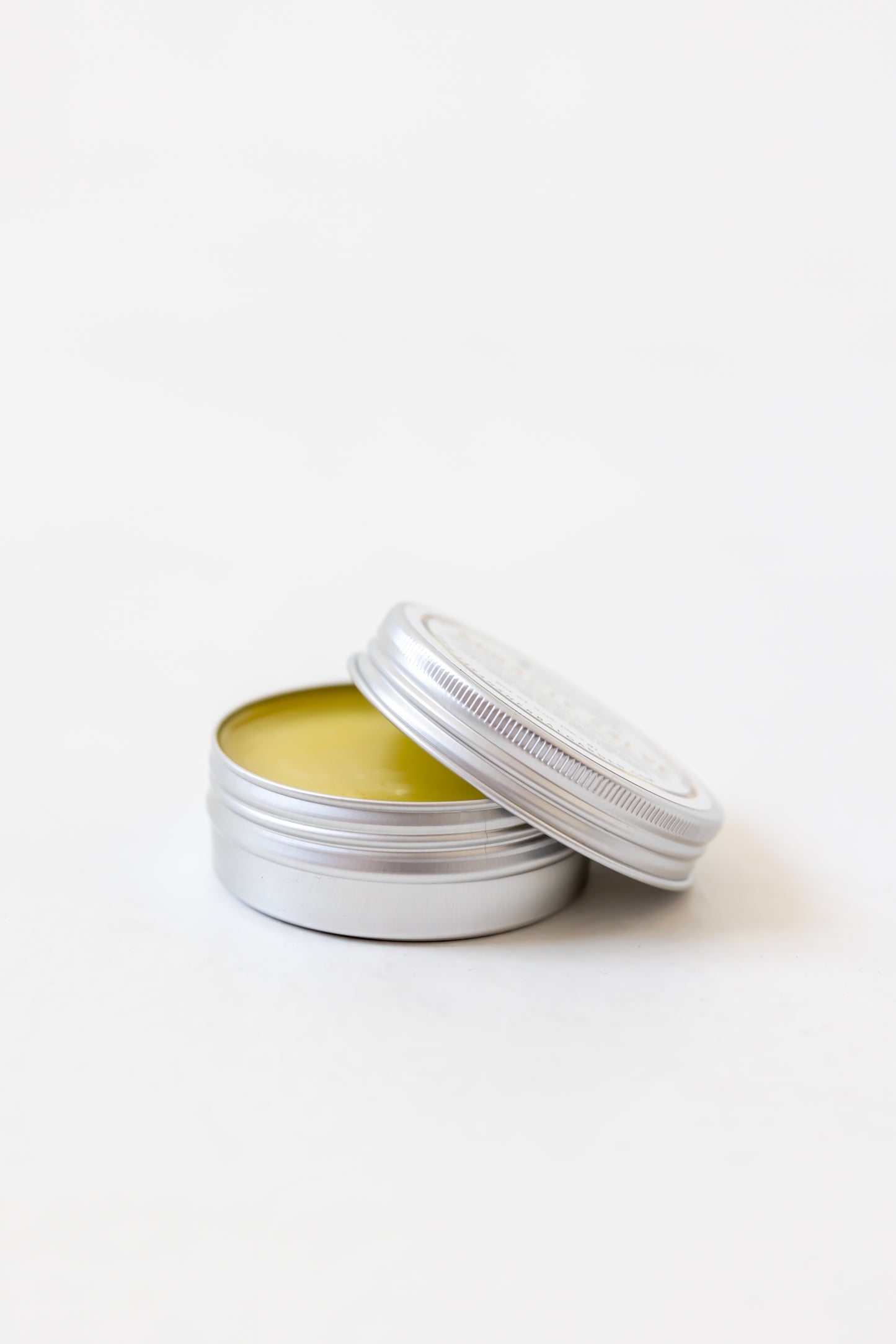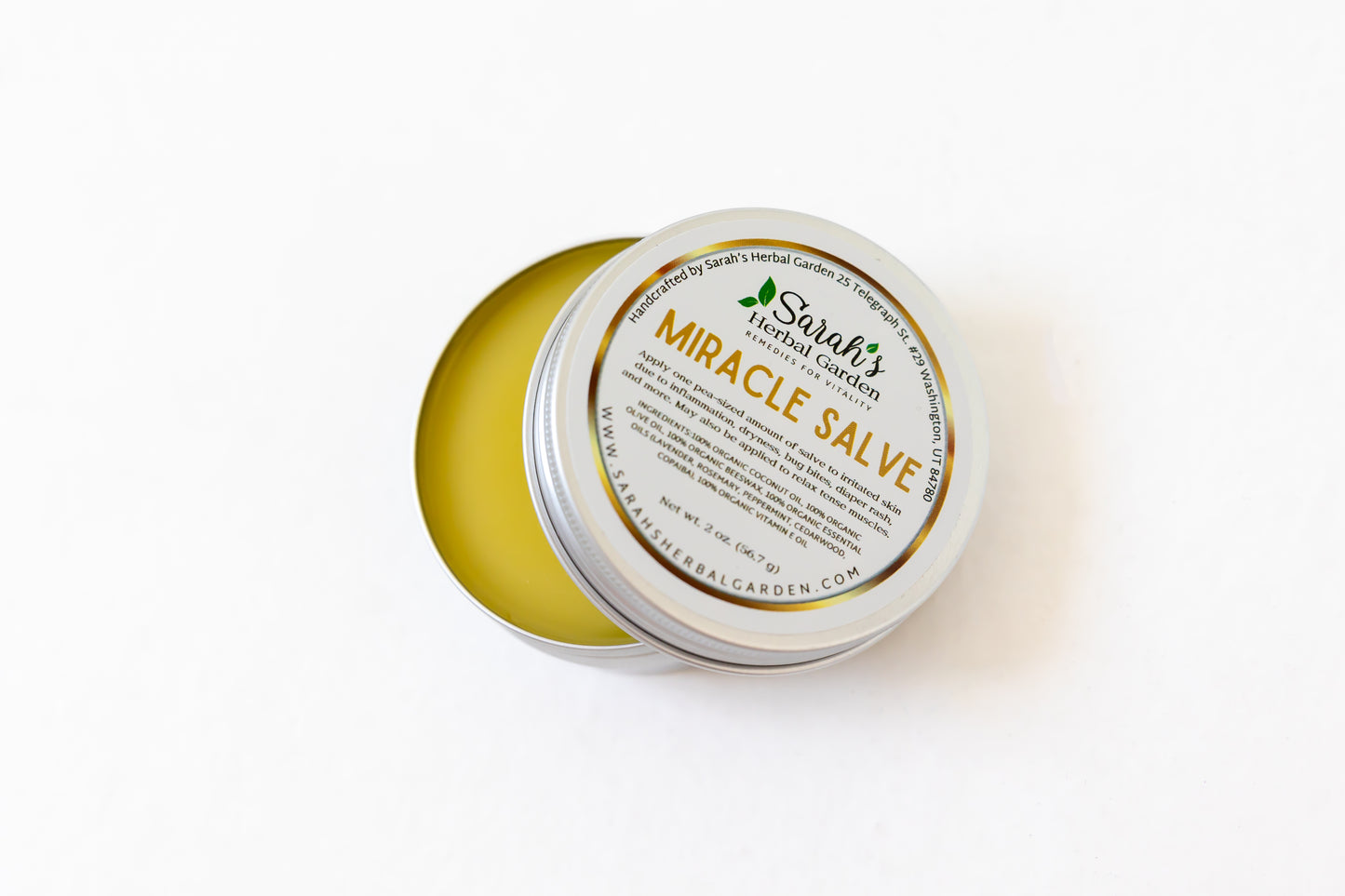
Rosemary
Scientific Name: Salvia rosmarinus (formerly Rosmarinus officinalis)
Herbal Profile of Rosemary (Salvia rosmarinus)
Botanical Name: Salvia rosmarinus (formerly Rosmarinus officinalis)
Family: Lamiaceae (Mint family)
Common Names: Rosemary, Dew of the Sea
Plant Description:
Rosemary is an evergreen, aromatic shrub that grows up to 3-5 feet (1-1.5 meters) tall. It has needle-like leaves that are dark green on the top and silvery underneath. The plant produces small, pale blue, white, or pink flowers, depending on the variety. Native to the Mediterranean region, rosemary thrives in warm, sunny climates and well-drained soils. It is commonly grown in gardens and is used as both a culinary herb and for its medicinal properties.
Parts Used:
- Primary Parts: Leaves and flowering tops
- Secondary Parts: Essential oil (distilled from leaves and flowering tops)
Geographical Distribution:
Rosemary is native to the Mediterranean but is now cultivated worldwide in temperate climates. It is often found in herb gardens and grown for its culinary and medicinal uses.
Chemical Constituents:
Rosemary contains a variety of bioactive compounds, many of which have antioxidant, anti-inflammatory, and antimicrobial properties. These include:
- Essential Oils: Cineole, camphor, borneol, and limonene
- Phenolic Acids: Rosmarinic acid, caffeic acid
- Flavonoids: Diosmin, apigenin, luteolin
- Triterpenes: Ursolic acid
- Volatile Oils: Alpha-pinene, beta-pinene, myrcene
The most important compound, rosmarinic acid, contributes to the herb’s antioxidant and anti-inflammatory activities, while its essential oils give rosemary its distinctive aroma and antimicrobial properties.
Therapeutic Uses and Benefits:
- Cognitive Support and Memory Enhancement:
Rosemary has a long-standing reputation as a memory enhancer. Traditionally, it is believed to stimulate cognitive function, improve concentration, and aid in memory retention. Inhalation of rosemary essential oil has been shown to improve mental clarity and alertness. - Antioxidant and Anti-inflammatory Properties:
Rosemary contains high levels of antioxidants, such as rosmarinic acid and carnosol, which help protect the body from oxidative stress and inflammation. This makes rosemary beneficial for combating chronic diseases related to inflammation and free radical damage. - Digestive Health:
Rosemary is used to stimulate appetite and improve digestion. It can help relieve indigestion, bloating, and gas by promoting bile flow and supporting the breakdown of fats. Rosemary tea is commonly consumed for its carminative properties, soothing the digestive tract. - Circulatory Stimulant:
Rosemary helps to improve blood circulation, particularly to the brain and extremities. It is often used in massage oils and bath soaks to stimulate circulation, relieve muscle tension, and reduce fatigue. - Hair Health:
Rosemary is a popular ingredient in hair care products, as it stimulates hair growth and reduces hair loss. Rosemary oil is often used in scalp massage to improve blood flow and strengthen hair follicles, which may help prevent dandruff and thinning hair. - Pain Relief and Muscle Relaxation:
Rosemary’s anti-inflammatory and analgesic properties make it beneficial for easing muscle pain, joint stiffness, and headaches. Its essential oil can be applied topically or used in aromatherapy to alleviate tension. - Antimicrobial and Antifungal:
Rosemary essential oil has antimicrobial and antifungal effects, making it useful for treating skin infections, wounds, and even respiratory conditions like colds and bronchitis. Its antimicrobial properties also make it a natural preservative for foods. - Mood Enhancement:
Rosemary’s invigorating scent is uplifting and can help reduce stress and anxiety. In aromatherapy, rosemary is used to promote relaxation, mental clarity, and emotional balance.
Preparation and Dosage:
Traditional Preparation:
Rosemary is traditionally used as a culinary herb to flavor food, and as a tea made from fresh or dried leaves to promote digestion or improve circulation. In folk medicine, it was also burned as incense to purify spaces and enhance mental focus.
Supplement Forms:
- Fresh or Dried Leaves: Used in cooking or teas.
- Essential Oil: Used in aromatherapy, massage oils, and topical applications.
- Capsules or Extracts: Standardized forms of rosemary for internal use.
- Tinctures: Alcohol-based extracts for a concentrated dose.
Dosage:
- Tea: Steep 1–2 teaspoons of dried rosemary leaves in 1 cup of boiling water for 10–15 minutes. Drink 1–3 cups per day.
- Essential Oil (for Aromatherapy or Topical Use): Use 2-3 drops of essential oil in a diffuser or dilute with a carrier oil for massage. Do not ingest essential oil unless advised by a healthcare professional.
- Tincture/Extract: 1–2 ml, taken up to three times daily, as directed by the manufacturer.
Potential Side Effects:
- Allergic Reactions:
Some individuals may experience allergic reactions to rosemary, especially in large amounts. Symptoms may include skin irritation, respiratory issues, or digestive discomfort. - Overstimulation:
In high doses, rosemary can cause overstimulation, leading to headaches, insomnia, or restlessness. Its stimulating effects on circulation and digestion may exacerbate these symptoms. - Pregnancy and Breastfeeding:
While rosemary is generally considered safe in culinary amounts, high doses or concentrated rosemary essential oil should be avoided during pregnancy and breastfeeding due to its potential to stimulate menstruation or uterine contractions. - Essential Oil Use:
Rosemary essential oil should not be ingested and must be diluted when used topically, as it can cause skin irritation in sensitive individuals. Avoid contact with the eyes and mucous membranes.
Contraindications and Interactions:
- Epilepsy and Seizure Disorders:
Rosemary essential oil contains camphor, which can act as a neurostimulant. People with epilepsy or seizure disorders should avoid using rosemary essential oil internally or in high concentrations, as it may trigger seizures. - Blood Pressure:
Rosemary has circulatory-stimulating effects, which may cause a rise in blood pressure. People with high blood pressure should consult with a healthcare provider before using rosemary therapeutically. - Medications:
Rosemary may interact with anticoagulant or antiplatelet drugs due to its potential blood-thinning properties. It may also interact with certain medications for high blood pressure or diabetes. Consult with a healthcare provider if you are on medication.
Traditional and Cultural Uses:
Rosemary has been revered since ancient times for its medicinal, culinary, and symbolic uses. The ancient Greeks and Romans considered rosemary a symbol of remembrance and fidelity, often using it in funerals, weddings, and religious rituals. In the Middle Ages, rosemary was burned as incense to purify the air and ward off evil spirits, while in Mediterranean folk medicine, it was used to treat headaches, digestive problems, and joint pain.
Rosemary’s cognitive benefits have been mentioned in literature for centuries; for example, Shakespeare referenced rosemary as a symbol of memory in Hamlet. Its reputation for mental clarity has carried into modern times, where it is still used to promote focus and concentration.
Sustainability and Ethical Considerations:
Rosemary is not currently at risk of overharvesting, as it is widely cultivated around the world. However, ensuring that essential oils and extracts are sourced from organic and sustainable farms helps protect the environment and ensures product quality.
Summary:
Rosemary is a versatile herb celebrated for its culinary, medicinal, and aromatic properties. Known for its ability to enhance memory, boost cognitive function, improve digestion, and stimulate circulation, rosemary is a valuable herb for supporting overall health and well-being. Its essential oil is widely used in aromatherapy for stress relief and mental clarity. While generally safe, rosemary should be used with caution in therapeutic doses, especially for individuals with specific health conditions.
Sarah's Herbal Garden
Miracle Salve {For skin irritations, bug bites, and muscle tension}
Share





